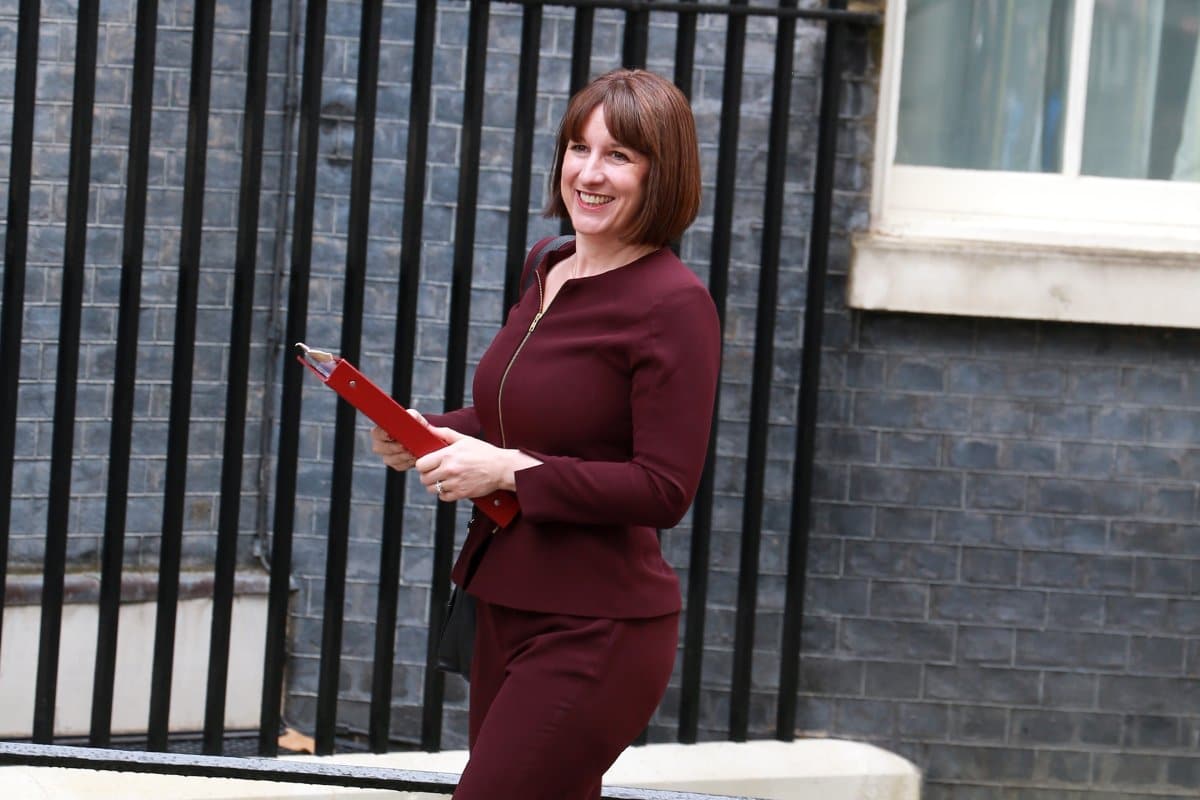Chancellor Rachel Reeves has unveiled a groundbreaking £7.3bn National Wealth Fund aimed at revolutionising UK infrastructure and attracting billions in private investment. Here’s the full story.
£7.3bn National Wealth Fund
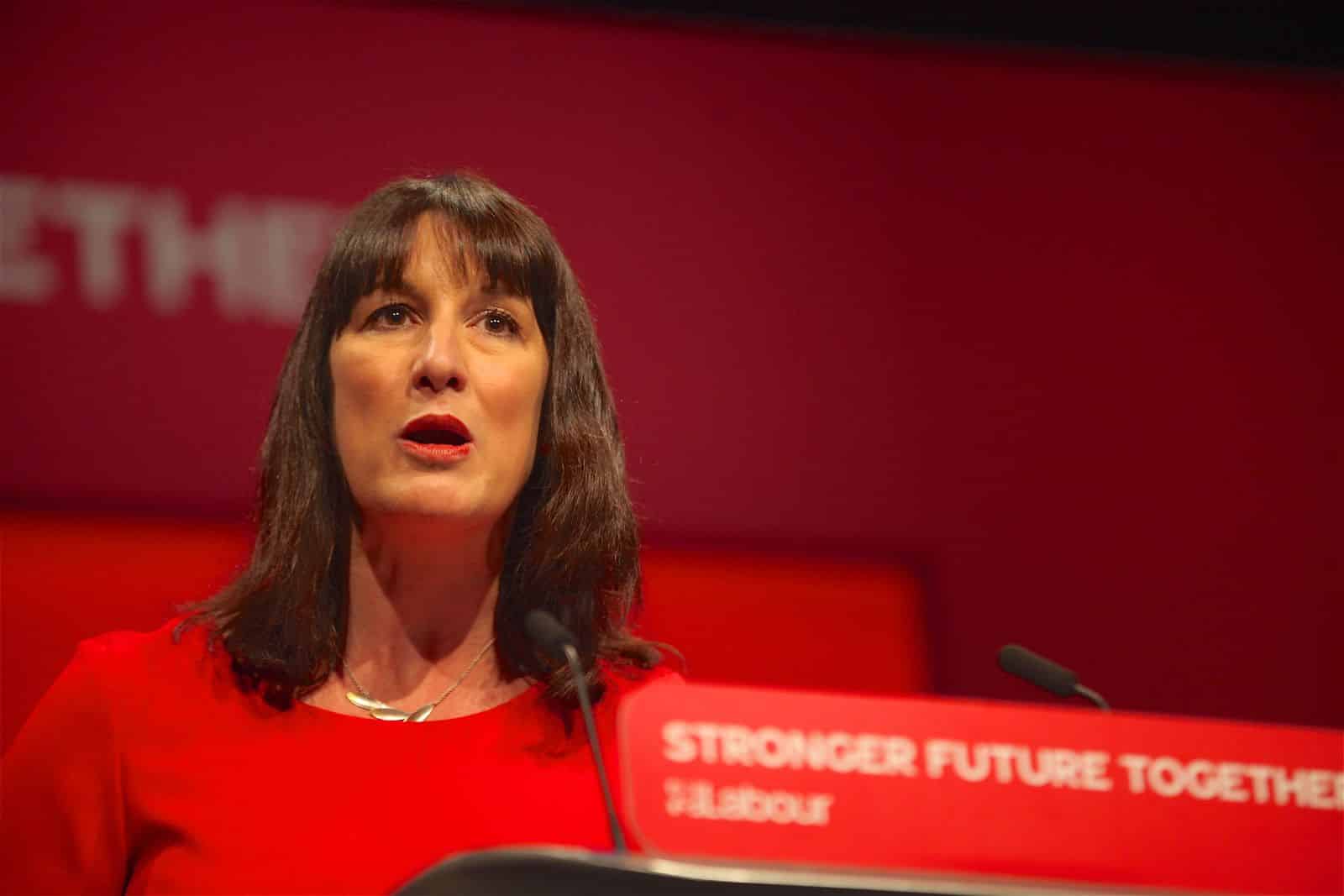
The country’s first female Chancellor, Rachel Reeves, has unveiled one of the Labour Party’s manifesto promises: a £7.3bn National Wealth Fund (NWF) to bolster the UK’s infrastructure.
Announced From 11 Downing Street
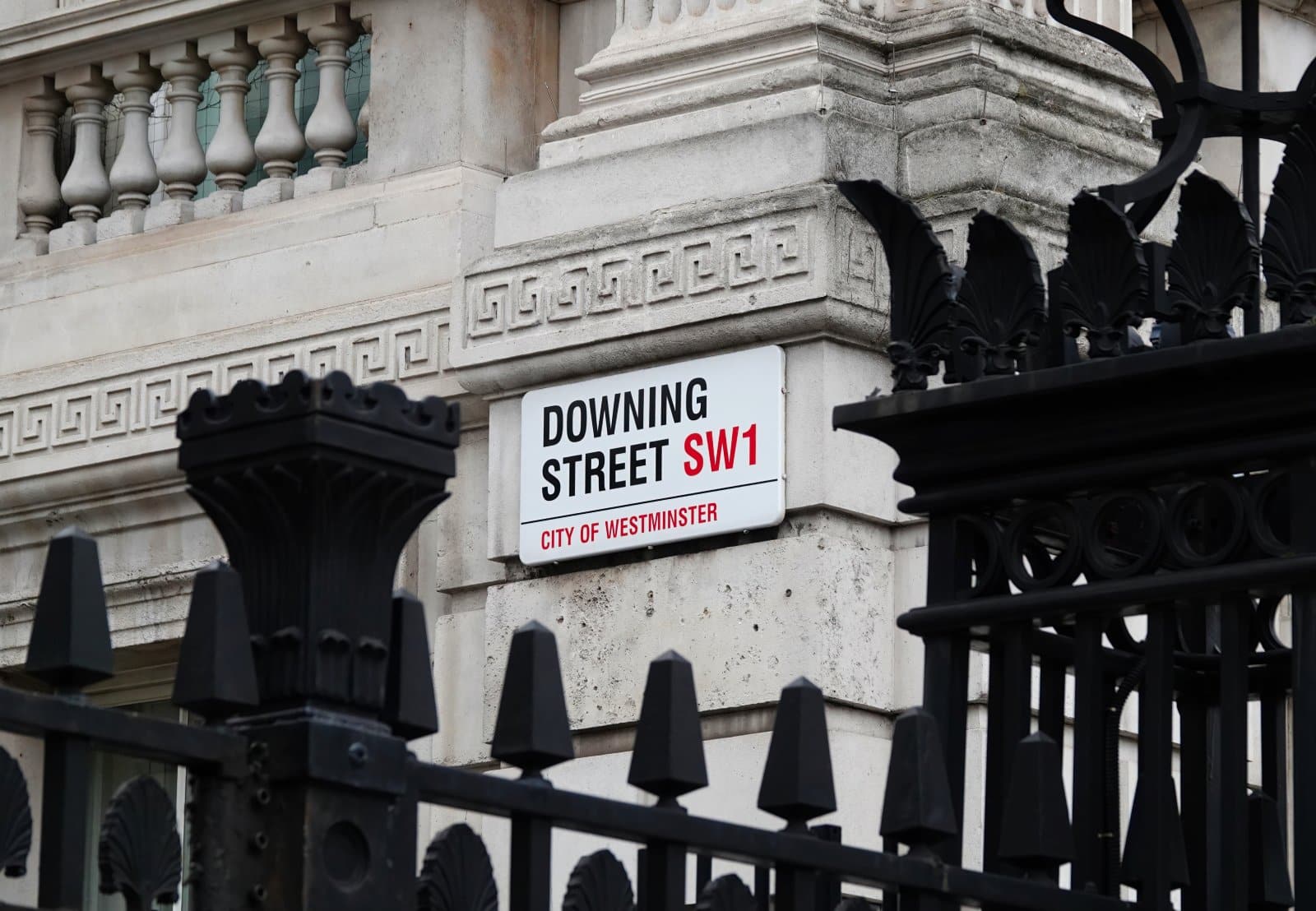
Announced from the Chancellors’ residence next door to the Prime Minister’s in 11 Downing Street, this fund is an attempt by the newly elected government to attract substantial private investment into crucial sectors for economic growth, including ports, gigafactories, green hydrogen and clean steel.
Leveraging Public Funds

The fund has been set up with the explicit aim of leveraging public funds to attract private investment. Chancellor Reeves aims for a ratio of £3 of private money for every £1 of taxpayer money invested.
“Concierge Service for Investors”
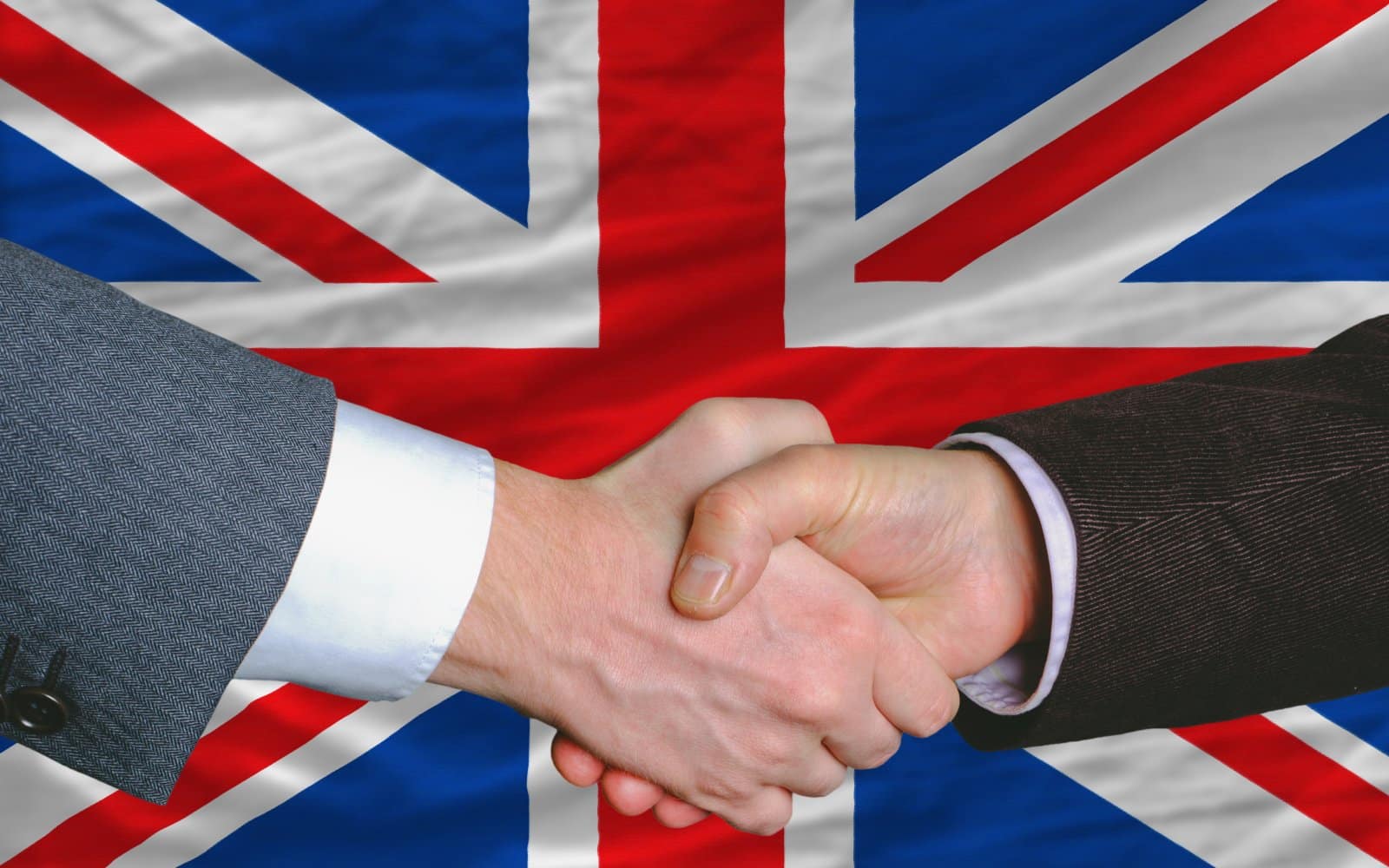
The NWF is poised to catalyse large-scale infrastructure projects, ensuring the UK’s economic stability and growth. Rachel Reeves described the NWF as a “concierge service for investors and businesses that want to invest in Britain.”
Simplifying Investment Process

This approach is designed to simplify the investment process and make the UK a more attractive destination for global investors, especially amid political uncertainties in other major economies such as the US and France.
Staggering Investment Amounts

The amount of money the fund will invest is staggering. The NWF will allocate £1.8bn to ports, £1.5bn to gigafactories, including those for electric vehicles, £2.5bn to clean steel, £1bn to carbon capture, and £500m to green hydrogen.
Advancing Key Sectors

These investments will stimulate significant advancements in these sectors, contributing to the UK’s long-term industrial strategy. The UK Infrastructure Bank, under the leadership of former HSBC chief executive John Flint, will manage these investments with additional support from a revamped British Business Bank.
Distinction From GB Energy
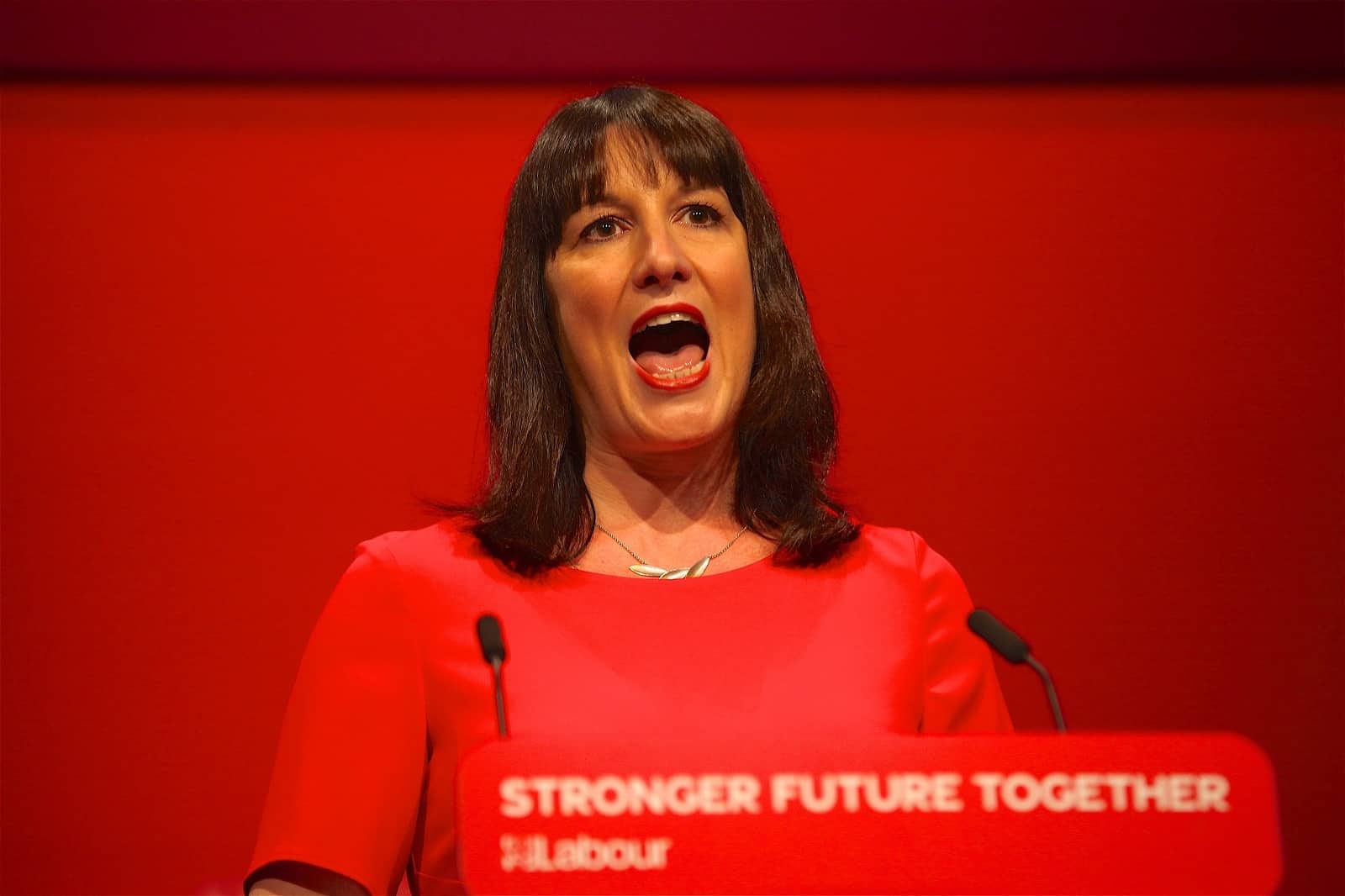
Reeves emphasised the distinction between the NWF and GB Energy, another public entity proposed by Labour. While GB Energy focuses on producing “clean, low-carbon energy,” the NWF is dedicated to broader infrastructure projects.
Industry Expertise Backing

The creation of the NWF has been a collaborative effort involving key figures from the financial and business sectors. Since March, a specialised task force comprising leaders such as Amanda Blanc of Aviva, Paul Thwaite of NatWest, CS Venkatakrishnan of Barclays, and former Bank of England governor Mark Carney has been instrumental in shaping the fund.
Attracting Investment
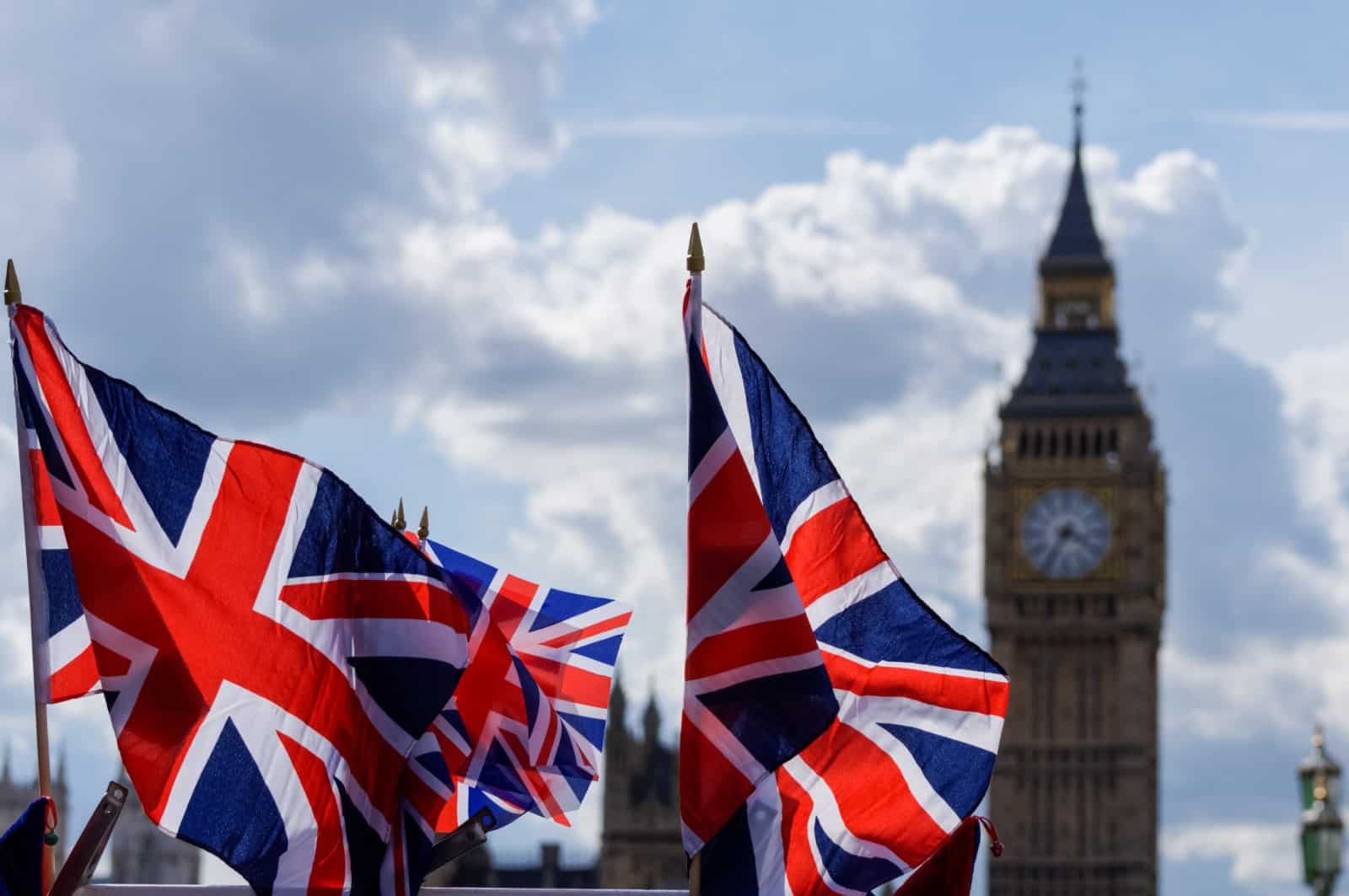
The new government will be hopeful that, with such a wealth of industry expertise backing the proposal, the fund will make Britain a considerably more attractive country to invest in. The Labour government has committed £7.3bn from the Treasury to kickstart the NWF. As outlined in Labour’s manifesto, this seed funding is sourced from closing loopholes in the windfall tax on oil and gas companies.
Potential £29bn Investment Pool

The government anticipates these initial funds will attract further private investment, potentially leading to a total investment pool of around £29bn. However, as with any investment, there is no guaranteed return, though expectations are set based on the UK Infrastructure Bank’s target returns of 2.5% to 4%.
Four Key Priorities

Business and Trade Secretary Jonathan Reynolds has highlighted four key priorities in alignment with the NWF’s goals: implementing an industrial strategy, supporting small businesses, resetting trade relations, and making work pay.
Addressing Connectivity Challenges

Reynolds assured business leaders of a concerted effort to address connectivity and grid challenges, which are crucial for successfully implementing these infrastructure projects. He emphasised that decarbonisation does not equate to deindustrialisation, as many within the government are painfully aware that unions would be profoundly unhappy should any modernisation projects lead to job losses.
Formal Establishment in Law

The NWF is set to be formally established in UK law, cementing its role as a permanent fixture in the country’s economic future. Detailed plans and the appointment of a head for the NWF will be disclosed before an international investment summit hosted by the Chancellor later this year.
Driving Economic Growth

This initiative marks a significant step in the Labour government’s agenda to drive economic growth and attract international investment. The new government hopes to get the country back onto a more secure economic footing following the last few years of financial turmoil.
Pivotal Moment for UK

The launch of the National Wealth Fund represents a pivotal moment for the UK’s economic strategy and the newly elected Chancellor. By blending public and private investments to drive substantial infrastructure developments, the government hopes that the NWF will play a crucial role in shaping the UK’s industrial future.
Restoring Investor Confidence
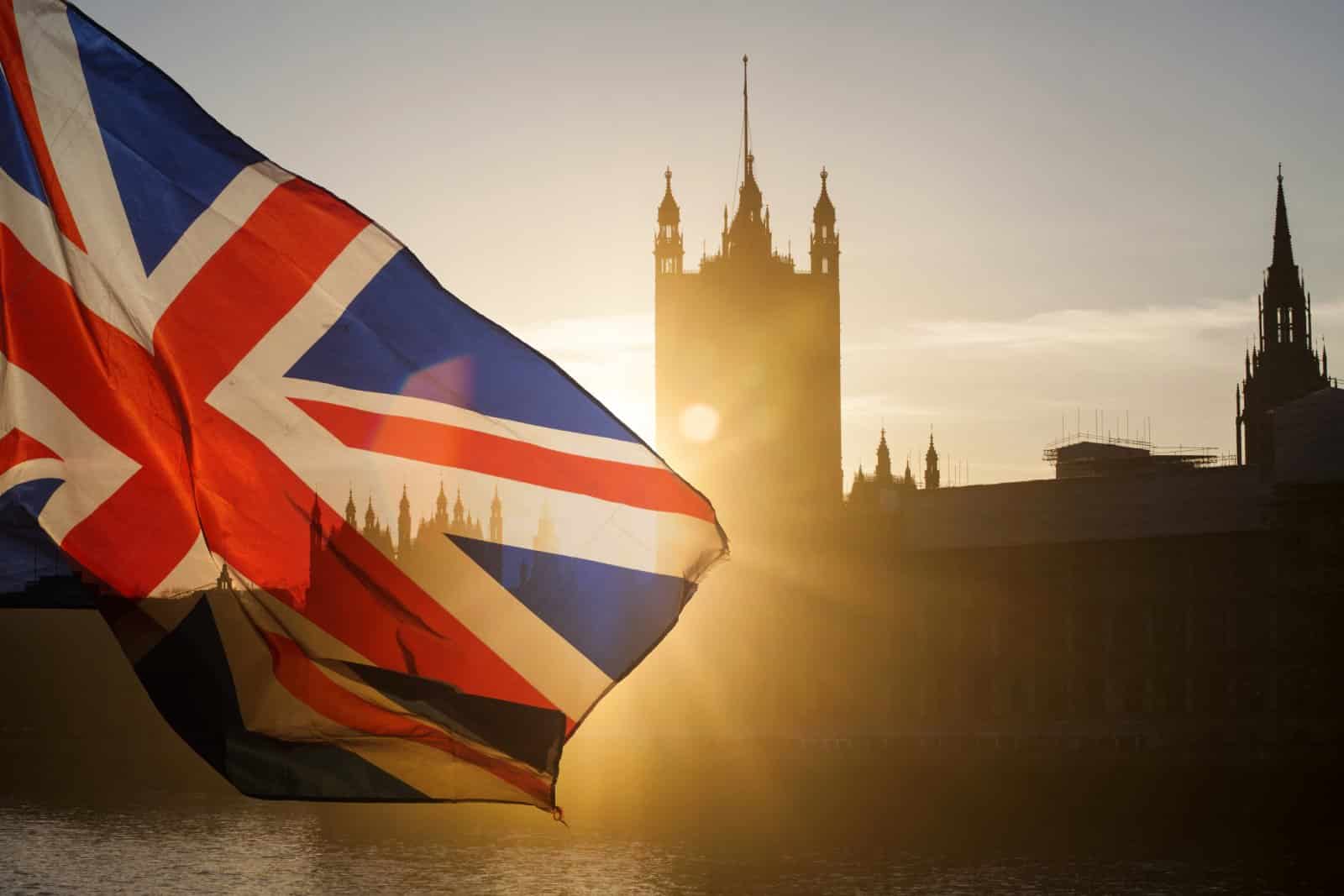
However, it remains to be seen whether this one project will be enough to restore investor confidence in the UK and help the country return to growth.
10 Worst Places to Live in the UK Today

Here’s a look at the 10 worst places to live in the UK, based on statistical analysis and local sentiment, to help you understand the challenges residents may face in these areas. 10 Worst Places to Live in the UK Today
“We Will Never Come to Help You” – Trump’s Hurtful Words Raise Concerns About EU Firepower
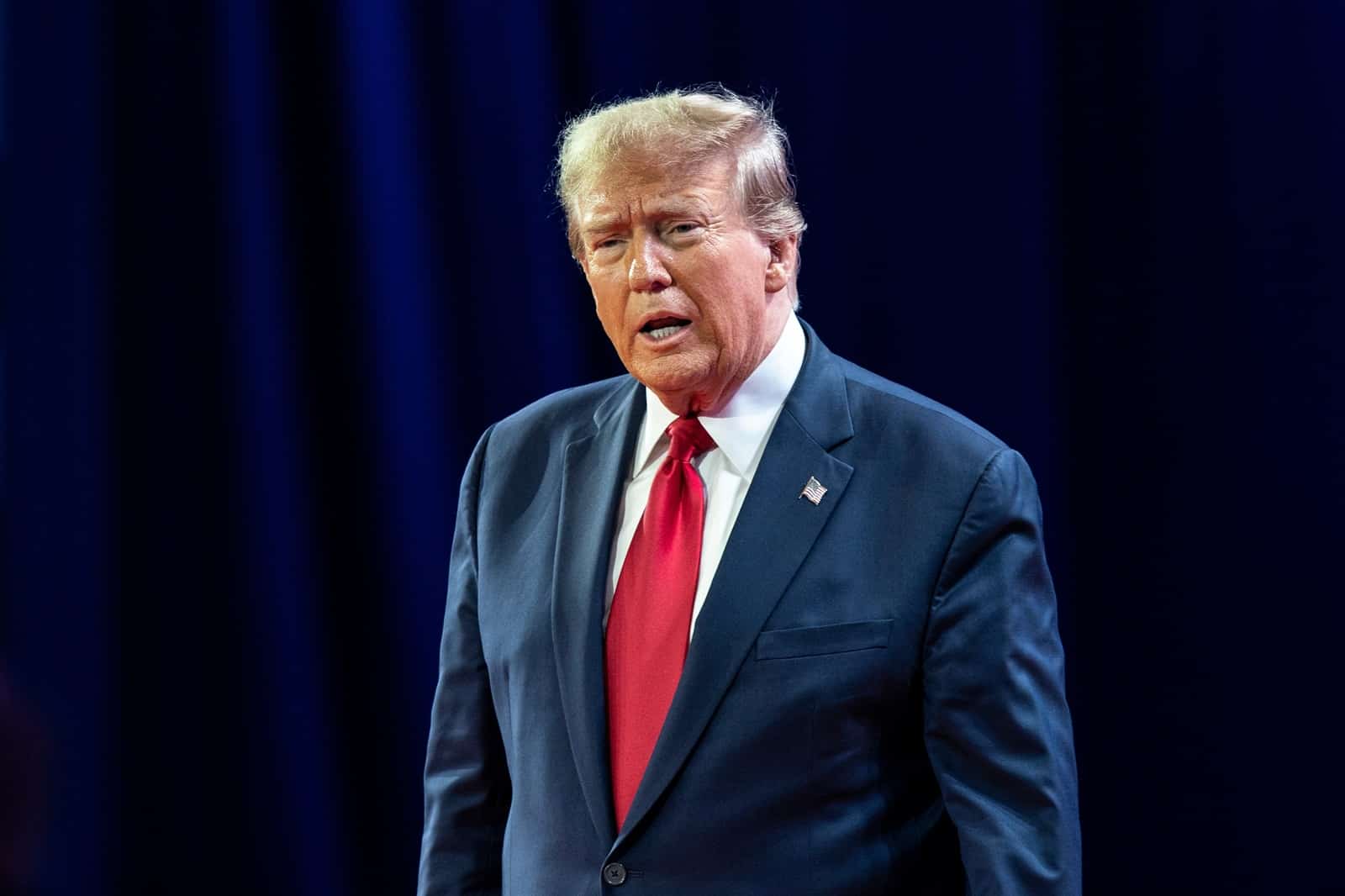
It was revealed in a conference in Brussels that former President Donald Trump said in 2020 that the US would “never help” Europe if it was attacked. Now, European nations are grouping to commit more firepower to combat Putin’s threat to democracy. “We Will Never Come to Help You” – Trump’s Hurtful Words Raise Concerns About EU Firepower
Brexit Fallout: 20 Ways the EU Is Falling Apart Without the UK
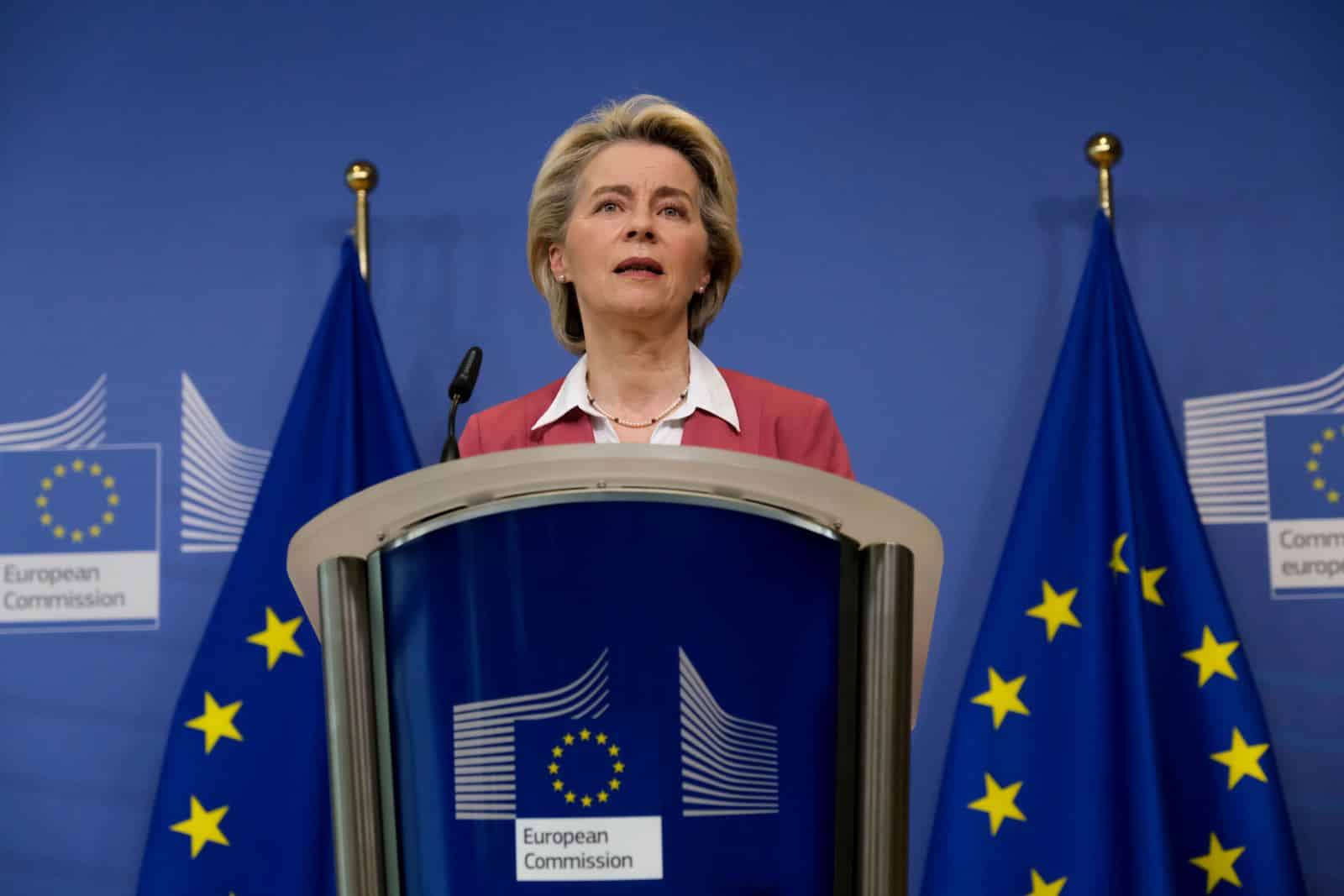
Since Brexit, the EU has been grappling with multiple crises and internal conflicts. Can the bloc hold itself together in these turbulent times? Brexit Fallout: 20 Ways the EU Is Falling Apart Without the UK
Featured Image Credit: Shutterstock / Fred Duval.
Grant Gallacher is a seasoned writer with expertise in politics and impactful daily news. His work, deeply rooted in addressing issues that resonate with a wide audience, showcases an unwavering commitment to bringing forth the stories that matter. He is also known for satirical writing and stand up comedy.

